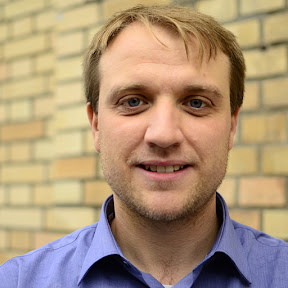MapTribe is moving towards the direction of tool for supporting urban planning. During the past few weeks we sketched possible applications for this technology:
1. place a landmark_ define zones, track the geometry of a place.
2. contextual alerts_ social navigation.
3. additional information_ Geographical Information System (GIS) -> Local Observation: data you can observe directly and that you cannot find elsewhere.
4. Mix physical and conceptual experience: physical experience is an important added value to the cognitive experience.
5. Movement tracking.
An interesting idea for the scenario is to ask students to follow a street that doesn’t exist any more. They can follow the street using the historical map on their mobile and they can leave landmarks in the new map of the place for comparing the the maps but also for understanding physically how the landscape was modified during the years.
Another interesting activity is related to the making students stepping back from the map and encouraging them to take their perspective:
For this purpose we envisioned an activity of taking pictures of the facade of buildings and relate these information to the gps position and send back to the server for building an interactive map of the city.
I realised that a game is the perfect script/activity to support both exploration/collaboration and learning practice. So, the proposal needs to be rewritten trying to:
1. building a learning/game scenario
2. merge the game design with the learning design
3. give an idea of possible feature/interaction on the map
4. synthesise the key ideas of the scenario
Today I started reading the book by Wilson Forrest titled: City Planning: the games for human settlement.
This book target precisely the idea of learning the urban planning through games on tridimensional game boards.
